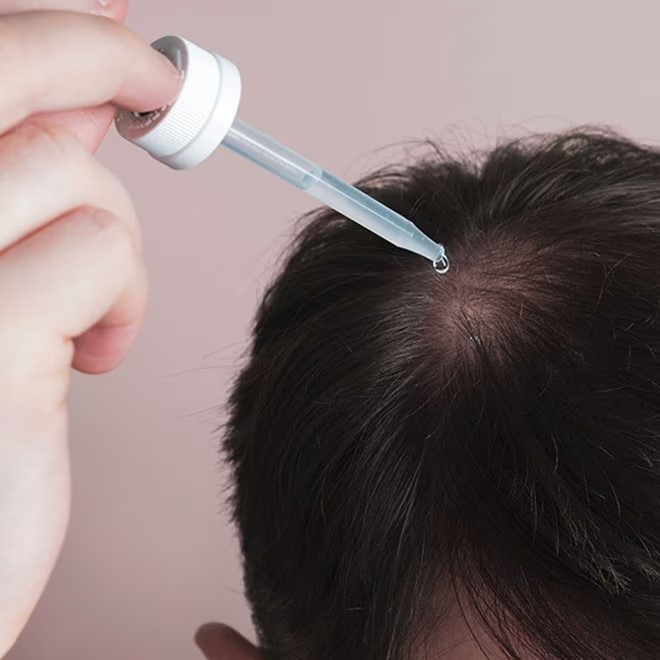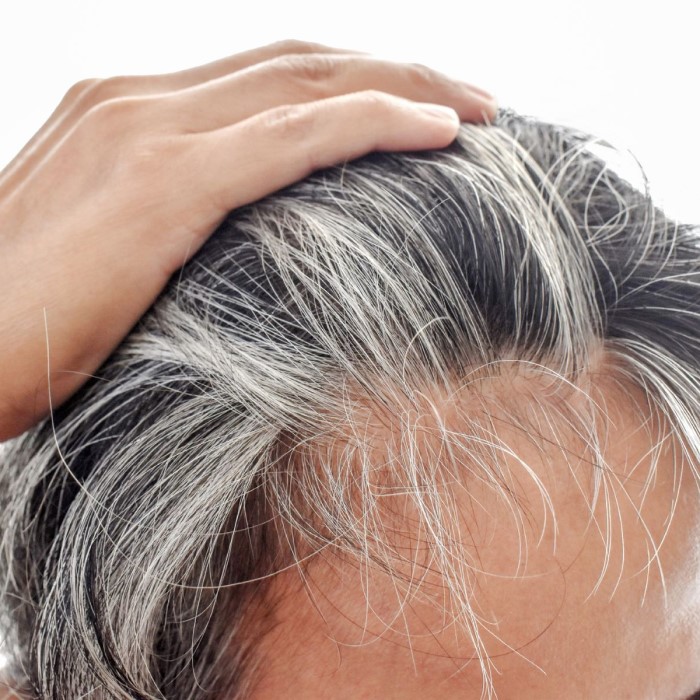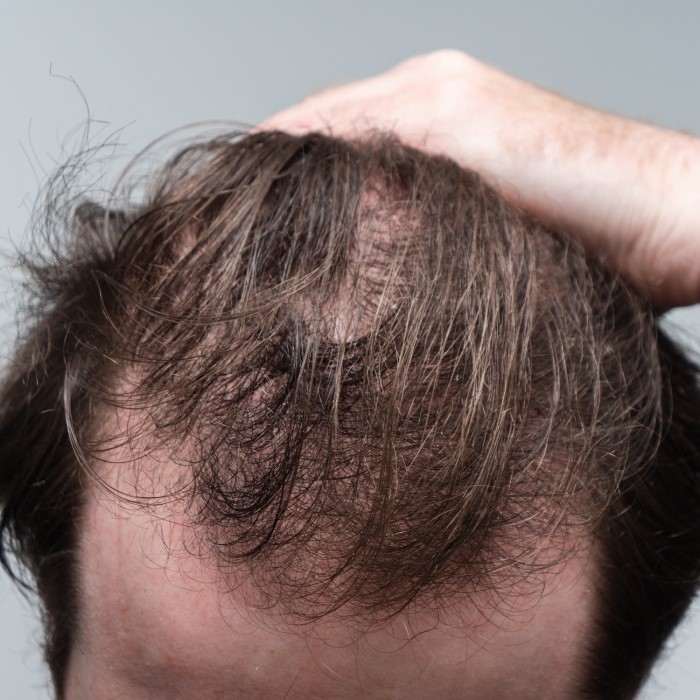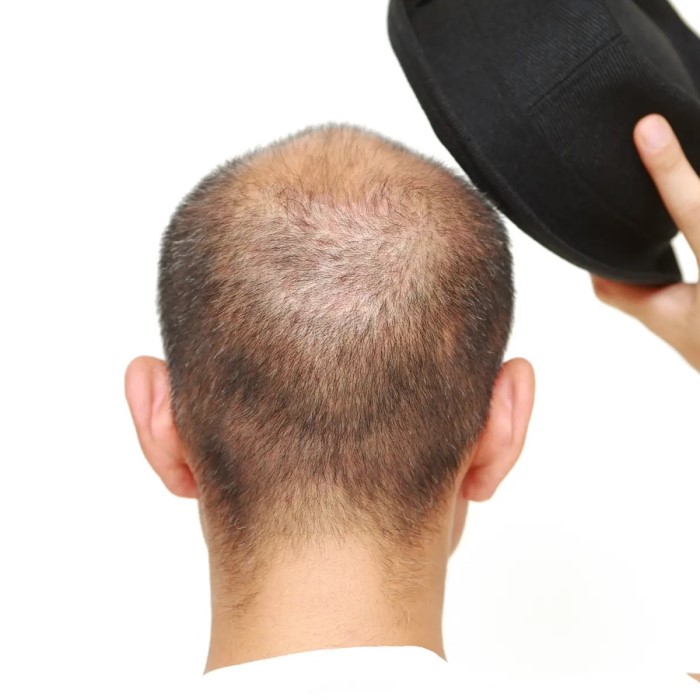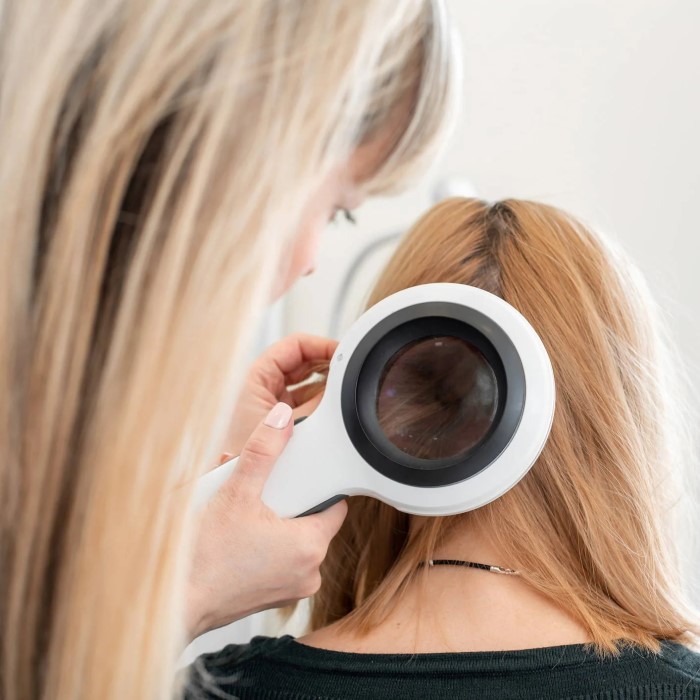
New Insights: Does Radiation Cause Hair Loss Symptoms?
Introduction
The relationship between radiation exposure and health concerns has garnered a lot of public interest and research focus. Among these concerns, one of the most frequently asked questions is: does radiation cause hair loss? Understanding the potential side effects associated with radiation therapy, especially regarding hair health, is critical for patients undergoing treatments and for anyone exposed to radiation in other contexts. This article aims to provide comprehensive insights into the correlation between radiation and hair loss, offering a deeper understanding of symptoms, effective treatments, and recent research developments. By diving into this topic, we hope to equip readers with valuable knowledge that can ease their concerns and aid in decision-making.
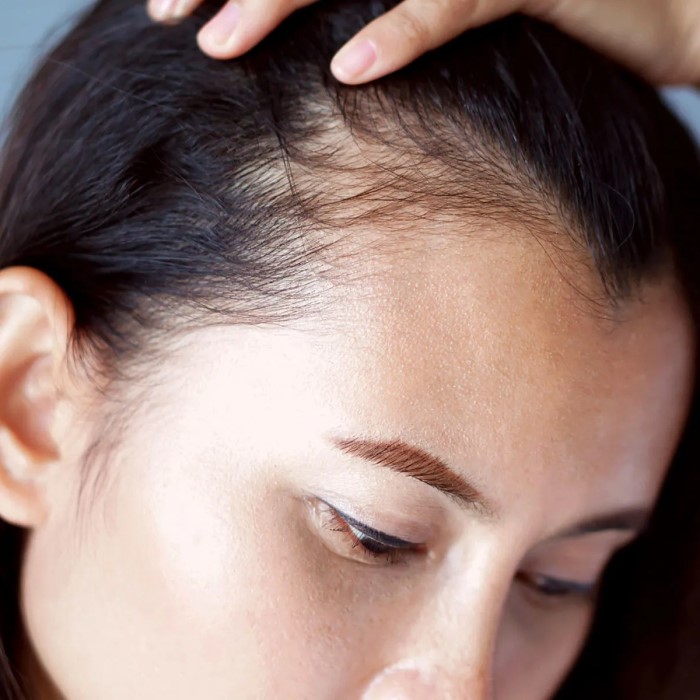
What is Radiation?
To understand the potential side effects, including hair loss, it is essential to clarify what radiation is and the different types involved.
Types of Radiation
Radiation can be classified into two main categories: ionizing and non-ionizing radiation.
- Ionizing Radiation: This type possesses enough energy to detach electrons from atoms, leading to potential cellular damage. Common sources include X-rays, gamma rays, and particles emitted during radioactive decay. Ionizing radiation is often used in medical treatments, particularly in cancer therapy.
- Non-Ionizing Radiation: This form does not have enough energy to remove electrons and includes radio waves, microwaves, and visible light. Non-ionizing radiation is generally considered less harmful, but it can still have effects on biological systems under certain conditions.
Medical Uses of Radiation
In medicine, ionizing radiation has vital roles in both diagnostic imaging and therapeutic procedures. Radiation therapy is predominantly employed to target and destroy cancer cells in an effort to shrink tumors or eliminate diseased cells. While it can be highly effective in managing cancer, it also comes with a range of potential side effects that patients should be aware of.
Does Radiation Cause Hair Loss?
Now that we have established a basic understanding of radiation, let’s explore whether radiation causes hair loss.
Radiation Therapy and Hair Loss
Many patients who undergo radiation therapy do experience some level of hair loss. However, the degree and location of hair loss largely depend on several factors associated with the treatment:
- Scalp Radiation: Targeting radiation therapy toward the head or scalp typically results in hair loss in that specific area. Hair can fall out gradually during the course of treatment, and the extent of the loss can vary from mild thinning to complete baldness.
- Other Areas: If radiation therapy is focused on other parts of the body, such as the chest or abdomen, it usually does not lead to hair loss in the surrounding areas. In these cases, any hair loss is typically limited to the treated sites.
Temporary vs. Permanent Hair Loss
It is important to differentiate between temporary and permanent hair loss when discussing the effects of radiation.
Temporary Hair Loss
- Regrowth Timeline: Following radiation treatment, most patients experience hair regrowth. However, the timeline for this can vary significantly. For some, hair may begin to grow back within a few months, while others might wait up to a year or more for noticeable regrowth.
- Individual Factors Influencing Regrowth: Several individual factors can impact how quickly and effectively hair regrows after treatment:
- Radiation Dose: Higher doses of radiation may affect hair follicles more severely, potentially leading to longer recovery times. Lower doses might result in quicker regrowth.
- Health Condition: A patient’s overall health plays a crucial role. Those in better health conditions tend to recover faster. Conversely, individuals with weakened immune systems or pre-existing health issues may experience delays in hair regrowth.
- Specific Area Treated: The location of radiation treatment can also influence hair regrowth. For example, patients who receive radiation on their scalp are more likely to notice hair loss compared to those treated in areas where hair is less prominent.
- Emotional Considerations: The experience of temporary hair loss can be emotionally challenging for many patients. Understanding that hair regrowth is common may help alleviate some anxiety. Support from family and peers can be beneficial during this period.
Permanent Hair Loss
- Higher Doses of Radiation: In some cases, particularly when a patient receives higher doses of radiation targeting a specific area, there is a risk that hair may not regrow after treatment. This is often seen in patients who undergo intensive radiation therapy for severe cases of cancer.
- Combination Treatments: When radiation is combined with other cancer treatments, such as chemotherapy, the likelihood of permanent hair loss may increase. Both treatments can exert stress on hair follicles, exacerbating the potential for loss.
- Factors Affecting Permanent Loss: Several factors impact the potential for permanent hair loss:
- Overall Health: A patient’s overall health status at the time of treatment plays a pivotal role in recovery. Patients in poor health may be more susceptible to lasting effects from radiation.
- Previous Hair Conditions: Individuals with a history of hair conditions, such as alopecia or significant hair thinning prior to treatment, might have a higher risk of experiencing permanent hair loss. These underlying issues can make hair follicles more vulnerable to damage.
- Nature of Cancer: The type of cancer being treated can also influence hair regrowth outcomes. Certain cancers may require more aggressive treatment approaches that include higher radiation doses, which can increase the risk of permanent hair loss.
- Psychological Impact: The prospect of permanent hair loss can be particularly distressing. Patients may need comprehensive support not only for their physical health but also for their mental and emotional well-being. Finding resources such as counseling or support groups can be crucial in helping patients cope with long-term hair loss issues.
Symptoms of Radiation Exposure
Understanding the symptoms associated with radiation exposure is crucial for patients and their caregivers. While hair loss is a significant concern, there are other symptoms linked to radiation therapy exposure.
Common Side Effects
Patients undergoing radiation therapy may experience numerous side effects. Some of the most common include:
- Skin Reactions: Patients often report skin irritation, including redness, peeling, or sensitivity in the areas receiving radiation. This skin damage typically resolves after treatment.
- Fatigue: A common side effect reported by many cancer patients is extreme fatigue. Feelings of exhaustion can persist throughout the treatment period and may carry on even after finishing therapy.
- Nausea: Some patients may also experience nausea, especially if the treatment area involves the abdomen or if chemotherapy is concurrently administered.
Emotional Impact
Beyond physical symptoms, radiation therapy can impose emotional burdens as well. The anxiety related to potential hair loss or the changes in appearance can impact a patient’s mental well-being. Consequently, discussing these feelings openly with healthcare providers, friends, or support groups can help alleviate emotional distress.
Hair Loss Treatments and Management
If hair loss does occur, several management strategies and treatment options can provide assistance to individuals coping with the situation.
Wigs and Hairpieces
For those experiencing hair loss from radiation therapy, wearing wigs or hairpieces can provide a practical and stylish solution.
- Choosing a Wig: When selecting a wig, it is essential to find one that fits well and matches your desired style. Many options are available that mimic natural hair closely, offering a sense of normalcy and enhancing confidence during treatment.
- Customization: You might want to consider custom wigs if a pre-made wig doesn’t suit you perfectly. Custom options allow for tailored fit and design to truly reflect your personality and preferences.
Medications
Some medications can aid in stimulating hair regrowth after experiencing hair loss due to radiation therapy.
- Minoxidil (Rogaine): This topical treatment is widely used for encouraging hair growth. While it may not be effective for everyone, many patients have found success in using it post-treatment. It’s advisable to consult with a healthcare provider before starting any new medication.
Scalp Care
Maintaining good scalp health can also contribute positively during and after treatment.
- Gentle Cleansing: Use a mild shampoo and avoid harsh chemicals to prevent additional scalp irritation.
- Moisturization: Keeping the scalp moisturized can help alleviate dryness and discomfort caused by radiation. Applying aloe vera gel or natural oils can nourish the scalp without causing harm.
Expert Opinions
Does radiation cause hair loss? To further shed some light on this topic, it is vital to consider expert opinions from healthcare professionals and researchers in oncology. Many oncologists recognize that while hair loss can be a distressing side effect of radiation therapy, it’s frequently a temporary concern. They emphasize the importance of discussing any fears or misconceptions about hair loss and openly communicate the realities of treatment with their patients.
Experts suggest that patients should prepare for the potential side effects, including hair loss, by planning ahead and gathering resources for support. Support groups, counseling services, and information from credible sources can empower patients to make informed decisions about their care and address their concerns proactively.
FAQs
What are the two most common side effects of radiation?
The two most frequently reported side effects of radiation therapy include skin reactions and fatigue. Many patients experience redness or sensitivity at the site of treatment, while fatigue can be pervasive and last throughout and beyond the treatment phase.
Can radiation cause hair loss?
Yes, radiation can induce hair loss, mainly in areas receiving targeted treatment, such as the scalp. The level of hair loss varies between individuals and can range from mild thinning to total baldness.
Is radiation worse than chemo?
The side effects linked to radiation and chemotherapy can differ greatly. Chemotherapy often induces a broader range of side effects, affecting the body’s rapidly dividing cells, including nausea and widespread hair loss. In contrast, radiation tends to target specific areas, which may limit widespread side effects but still brings its challenges, such as localized hair loss.
Conclusion
In summary, the question of does radiation cause hair loss is multifaceted and requires consideration of treatment specifics, individual health factors, and the area being treated. While hair loss can certainly occur during radiation therapy, being informed about the nature of this side effect can help patients navigate the emotional and physical challenges associated with it. By exploring effective treatment options and management strategies, patients can regain a sense of control, enhancing their quality of life during a challenging time. Open communication with healthcare providers about any concerns, questions, or coping strategies is vital for patients facing radiation therapy’s potential adverse effects. Empowered with knowledge and resources, individuals can confront these challenges head-on and emerge with resilience.

